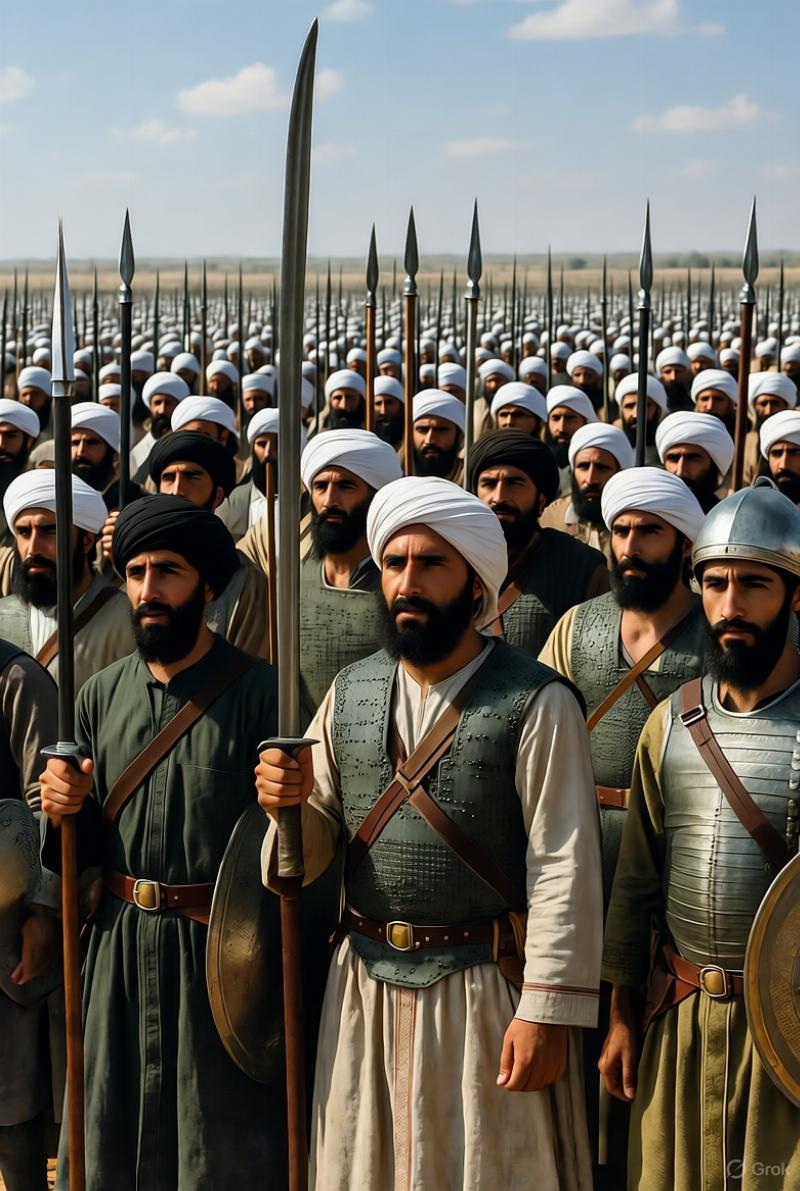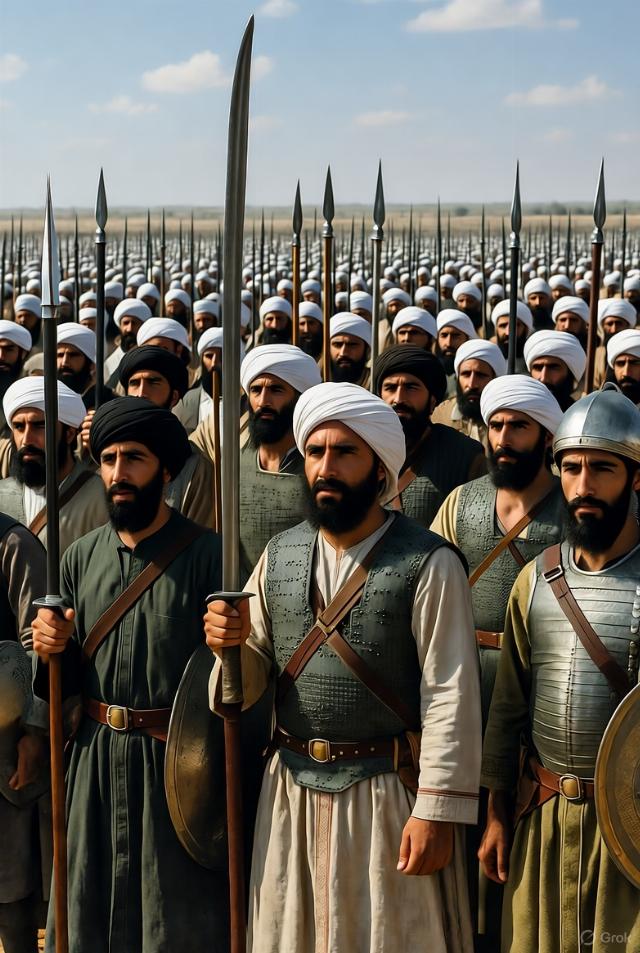


The bitterest irony of what led to Islamic terrorism’s modern day war against America is that the man who launched it was triggered by an act of kindness.
It was 1948. Sayyid Qutb, an Egyptian political theorist and revolutionary who was seeking to escape persecution in his own country, came to the U.S. to study at Colorado State College. He settled in Greeley, Colorado, where its residents sought to welcome him.
Locals invited Qutb to attend a church social. He did so, but witnessed something that turned him into a raging anti-West jihadist. So irrationally profound was the impact upon him, it caused him to return to Egypt in 1951, committed to promote a violent anti-West, pro-Islamist ideology.
What possibly could have occurred at—of all places—a church social to so enrage him?
The fuse was lit when Qutb observed young couples take to the dance floor, embracing each other as a song was played. Writing about it later, he made his description of this event sound like a scene from a cheap sex novel. He claimed a “sedative atmosphere” permeated the room as lights were dimmed and the band played.
The song was a popular 1949 hit that won the 1950 Academy Award for “Best Original Song”. Its slow beat had couples embracing each other on the dance floor. Qutb reported the mere sight of these couples with their arms around each other caused him to feel scandalized by the “romantic, dreamy effect” and the “swarming legs.”
The name of the song triggering his disdain was one we still recognize today titled, “Baby, It’s Cold Outside!”
Unsurprisingly, Qutb—who believed Islam sanctioned misogyny—remained a lifetime bachelor. He wrote that the reason he never married was because he was unable to find a woman of sufficient Islamic “moral purity and discretion.” This is what irrationally led to his extremist anti-West mindset, propelling him to seek its destruction.
Qutb returned to Egypt where he launched his crusade against all that America represented. In the first book he wrote, titled “The America That I Have Seen”, he condemned U.S. culture and society. Lacking in his book was any effort to credit Greeley residents with their cordial outreach.
Qutb’s hatred for America eventually led him to join a Sunni Islamist religious, political, and social movement—the Muslim Brotherhood (MB)—formed in Egypt in 1928. By the early 1950s, it was gaining popularity and he quickly became a senior member/influencer of the group.
Unfortunately for Qutb, in 1952, a group of military officers, led by Gamal Abdel Nasser, took power away from Egypt’s monarchist government. In 1954, as president for life and having survived an assassination attempt by the MB, Nasser cracked down on the organization as it clearly was not compatible with the secular nationalist government Nasser promoted. Qutb was arrested, released in 1964, and rearrested in 1965 for plotting a government overthrow. He was executed by Egypt in 1966.
While in prison, Qutb wrote two books encompassing his radically anti-secular and anti-West thoughts based on his understanding of the Quran’s teachings. These inspired what today is known as Qutbism—an ideology of Islamic-Fascism.
In the years since Nasser saw the MB as an extremist threat in need of eradication, the group has found greener pastures in the West. It has taken root both in Europe and the U.S. Most productive for the MB has been college campuses and leftist organizations, that naively remain ignorant of the terrorist group’s grand plan to establish a global caliphate ruled by Islamic law.
As far back as 1991, documents produced in a U.S. court case revealed there were at least 29 Islamic organizations operating here—all harboring the MB’s commitment of advancing “grand jihad” to establish a foothold in the U.S. Many have MB ties directly.
Interestingly, in an effort to avoid being targeted in the West, the MB adopted a less vocally violent approach to its mission. While exercising a more moderate tone, it still remains focused on achieving the same violent goal of making, initially at the local level, governments in the West subservient to sharia.
Proselytizing to his followers, MB leader Mustafa Mashhur (1996–2002) made clear the group’s unhesitant reliance on violence, brazenly declaring, “We will only be victorious with terrorism and horror; we should never be morally defeated when they call us terrorists: Yes, we are terrorists.”
Sadly, several efforts to pass legislation labeling the MB as a Foreign Terrorist Organization (FTO) in the U.S. have failed, although as the proverbial wolf in sheep’s clothing, it is most deserving of such a label. Unbelievably, while we fail to label it as an FTO, Egypt—where it originated—did so more than a decade ago.
We have witnessed Qutbism at its worst. The al-Qaeda terrorist group responsible for the 9/11 attack against the U.S. fully embraced Qutb’s justification for violence against Western influence.
What the West needs to understand about Islam is that it is a dichotomy. There are Muslims who believe Islam to be a peaceful religion, but there are others who, like Qutb did, recognize it is not. For the latter, violence becomes a tool in their arsenal to be employed against non-believers whenever deemed necessary. Unfortunately, for infidels, the Quran thus becomes a potential license for violence, depending upon how the believer interprets it.
As so many victims of Islamic terrorist attacks around the world have learned, seldom is there any prior warning as to whether the license the Quran offers will be exercised or not. But this is the world Qutb has left us—one sadly created only after he was welcomed with open arms.

Image from Grok.
